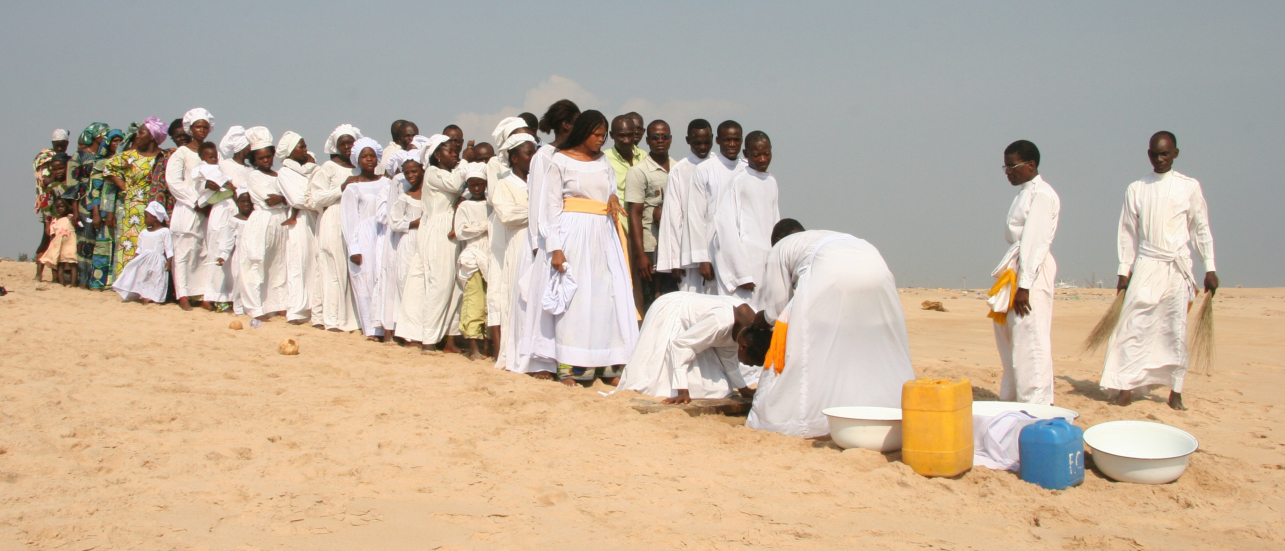Our project unfolds in three major phases over three years:
Each phase builds upon the previous, creating a comprehensive framework for understanding contemporary religious movements and their impact on human flourishing.
Detailed Project Activities
Phase 1: Poll Creation
The core team members, in consultation with advisory board members and outside scholars, will create the “New Religiosities Poll” (NRP) for the Database of Religious History at the University of British Columbia. We will host two NRP workshops in Year One in order to discuss how to operationalize key variables that will be assessed at the group- or movement-level. We will create poll questions generic enough to encompass cross-regional religious diversities and specific enough to test hypotheses and explore new variable correlations. To avoid data bias through jargon or leading questions, we will discuss epistemic frameworks and language use to strive towards neutrality across all entries. The final form of the NRP will have about 900 quantitative options and a typical entry will have around 350 completed answers. Most questions will be answered by three potential responses: 1) yes/no/field doesn’t know/I don’t know; 2) selecting from a checklist of possible responses; and 3) giving a numerical response. These questions allow for data to be formatted for machine-readability and analyzed through quantitative methods. There will also be space for qualitative elaborations and links to external discursive sources.
Phase 2: Data Collection
Inform staff, under the supervision of Director Newcombe (co-PI) and Senior Research Officer Harvey, will input 200 entries to the New Religiosity Poll (NRP). The other 200 entries will be collected by scholars and citizen scientists in South, East, and Southeast Asia, led by Dr. Christopher (co-PI). The NRP will follow the model of the DRH’s existing Religious Group Poll that relies on the expertise of typically a trained historian, sociologist, anthropologist, or religious studies scholar to complete a specific entry. We will also utilize a citizen science paradigm to train people within groups to complete entries. In most cases, experts will already have the requisite knowledge to complete the NRP poll; however, in some instances, they may complete small-scale archival or follow-up ethnographic fieldwork to gather targeted data, as needed.
Phase 3: Analytics
After collecting data on 400 entries, we will provisionally map out inter-relationships between variables relating to beliefs and behaviors through lineage and clustering analysis of specific social categories. These categories include minoritization, millenarianism, gender, environmental beliefs, epistemic authority and value orientations. These provisional analyses will lead to several publications, including a data descriptor to facilitate other researchers to utilize the data set for their own research questions.
Call for Experts
If you have expertise in new religiosities within the five target areas:
Christian
Dharmic
Japanese
Islamic
Esoteric
and would like to propose an entry, please contact us at: stephen.christopher@kcl.ac.uk
Experts receive an honorarium per completed and externally reviewed entry.
Project Timeline
Grant cycle begins
'Utilizing Quantitative Data in Religious Therapy Associations.' King's College London (KCL), London. Meet with spiritual therapists and leaders of spiritual therapy associations to learn about their interface with clients and how our project could collect data relevant for their practice.
First 'New Religiosity Poll Creation Workshop.' King's College London (KCL), London. Meet with the core team, advisory board members and outside scholars to complete the first draft of the NRP.
Poll Design and follow-up meetings with target experts to operationalise variables.
Second 'New Religiosity Poll Creation Workshop.' Cambridge, Massachusetts (TBD). Complete a final draft of the NRP with approximately 900 questions.
Incorporate the NRP into the DRH mainframe
Complete 20 beta testing entries from Inform's archive to ensure technical success and by iteratively refining questions to ensure validity of the DRH tools.
Widespread recruitment and group entry phase begins (200 entries from Inform's archive and 200 entries from fieldwork, citizen science and scholarly recruitment).
200 entries completed
400 entries completed
Data Analytics and Article Writing/Submission
Grant cycle ends
